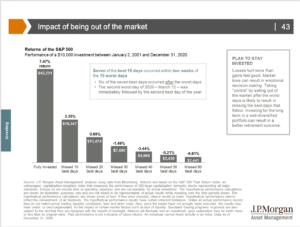Brad Sherman is very honored to be asked to judge the MCPS Business Pitch Challenge on March 19th. Students from nine high schools will be participating in this year’s event. As an entrepreneur, Brad Sherman is thrilled to support such a wonderful event promoting leadership, financial literacy and empowerment, and creativity. With the lack of financial literacy around the world, this event is a great opportunity for students to start thinking financially and as an entrepreneur from a young age.
The event will run from 9 a.m.–noon. Participating high schools are: Montgomery Blair, James Hubert Blake, Winston Churchill, Albert Einstein, Gaithersburg, Northwest, Northwood, Paint Branch and Sherwood. Students will pitch their business ideas for a solution to an existing problem, improvement of an existing product, or create a need for a product/service to a panel of local entrepreneur judges.
The Challenge will be aired via the MCPS homepage, the MCPS YouTube channel and MCPS-TV (Comcast 34, Verizon 36 and RCN 89).
Brad, along with representatives from the MCPS Business, Management and Finance Program Advisory Committee will serve as judges, mentors or supporters. The three top winning teams will receive cash prizes.
Please tune in on Friday, March 19th at 9 a.m. as these bright students pitch their business ideas. Check out our blog from the 2019 MCPS Business Pitch Challenge on ways we helped coach the students in preparation for the big event. Support student growth and empowerment by attending this wonderful event. If you have any questions about the event, email ASKMCPS@mcpsmd.org or let us know at info@shermanwealth.com and we are happy to connect you with the right contacts.













